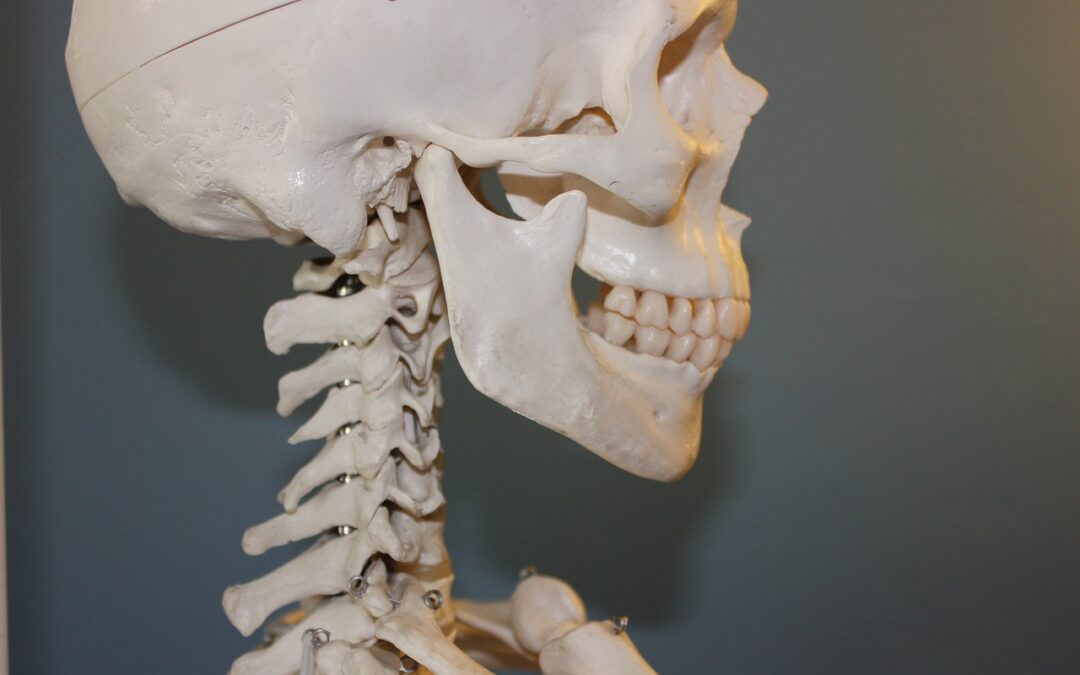The TMJ (temporomandibular joints) or jaw joints are unique structures. Unlike your knee, hip or elbow this pair of joints will translate or slide back and forth in addition to rotation. Additionally, the chewing surfaces of the teeth and the position of the teeth affect the bite which is a huge factor in the functioning of this joint.
Clicking, popping, pain, tenderness, difficulty eating/chewing, grating noise upon chewing, ear pain, toothaches, limited range of motion, locking of the jaw, headaches, neck aches, can all characterize TMD that will make life challenging.
The problem can be caused or worsened by many factors including; missing teeth, mis-aligned teeth, mis-aligned jaws, teeth that do not bite together evenly (think of gears not meshing properly), physical trauma or injury, arthritis, grinding or excessive clenching, stress, neurological factors, and problems with the muscles surrounding the joints.
The treatment is not a precise science because so many factors are at play. For example, violinists get TMD at rates far above the population due to the stress and position of their work. Each case can be unique and unlike other joints we do not have a successful surgical intervention or artificial replacement TMJ at this time. If the cartilage disc or joint itself is damaged it will not heal and management can be challenging.
Your dentist can consider appliance therapy, bite adjustment, tooth restoration or orthodontics, medications and lifestyle counseling. For example, chewing gum or eating chewy foods on a regular basis might not be a good idea for the TMD sufferer.
Dr. Alan Ross, Keene Family Dental, 67 Mechanic Street, Keene, NH 03431 Phone: 603-357-6767
